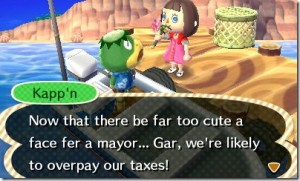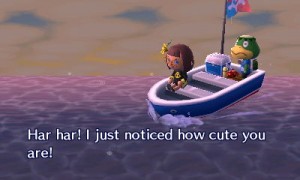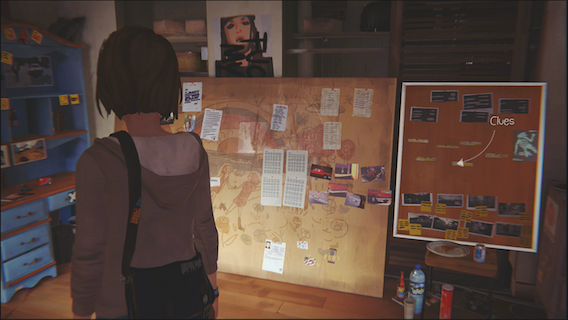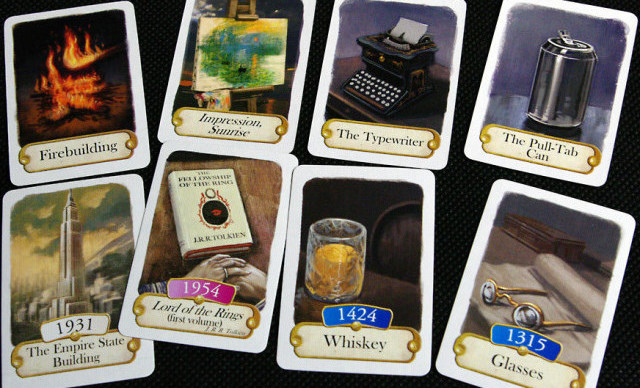After about five months straight of playing Animal Crossing: New Leaf I believe I can soundly say that I have thoroughly experienced most of what the game has to offer. And by “most” I mean everything that this taunting game has let me experience, as it continuously holds upcoming holidays and the changing seasons above my head in a way that compels me to keep playing. But I digress. As I play (diligently) along I can’t help but notice that even a child-friendly game like Animal Crossing isn’t immune from its problematic elements and my list has just expanded over time. But even as I found myself troubled by these, granted small, microaggressions, I found myself continuously wondering if I was reading too far into things or blowing things out of proportion – after all, it’s just an innocent kids’ game right?
But what about the fact that Animal Crossing, despite the high degree of avatar customization it offers, reduces players to having to change their skin tone by tanning in the summer, a process that can quickly fade, rather than offering non-white options? What about the appearance-based and slightly flirty comments Kapp’n, the kappa/turtle who ushers you to the tropical island, gives only to players using a fema le avatar? Or the gender-specific clothing collections that the Able Sisters offer, making sure to let you know which gender it’s meant for before the player can purchase it? And the “chief” costume available that I mentioned in my previous post regarding race-based costumes?
le avatar? Or the gender-specific clothing collections that the Able Sisters offer, making sure to let you know which gender it’s meant for before the player can purchase it? And the “chief” costume available that I mentioned in my previous post regarding race-based costumes?
I have long struggled with this issue of “over analyzing” or “over policing” and I believe it’s something that the feminist movement, along with any social justice or activist movement, always has to confront. I find the “you’re making a big deal out of something trivial, people in other countries are dying!” criticism to be one of the most troubling I’ve encountered, as it devalues all your comments and concerns and also fails to acknowledge the power small, almost subconsciously registered offenses has upon perspective. These are often potentially even more dangerous given their discreet nature as they slip easily past the radar and enter into the confines of socially “normal” or acceptable ideas or beliefs in the subconscious of the populous. While they might not lead to direct or obvious discriminatory or offensive behaviors, it certainly contributes or colors one’s social actions and biases them towards these negative principles. This, I would argue, is especially problematic in games and media aimed at children as children are more likely to view them as “okay” or “normal” and to affect that child’s subconscious associations of sex, race, and sexuality.
So yes the issues I take with Animal Crossing may be rather small but they’re not unimportant or trivial. A game that doesn’t allow PoC to be represented and reduces non-white skin to tanning is problematic. A character that tells only players with female avatars that they’ve perhaps  gotten cuter on the boat ride over and follows up with “nah, it’s just my imagination” (among other creepy comments) is problematic. A game that notes when you have a female avatar and you try something from the clothing store’s “men’s collection” that the piece is from the men’s collection but that they “guess” it would be okay for women too as well as one that labels certain clothing items like the pilot’s cap as from the men’s collection is problematic. This of course doesn’t mean that Animal Crossing isn’t a good game, clearly I think it is, but ignoring these instances or labeling them as “trivial” only reinforces the problematic themes behind them.
gotten cuter on the boat ride over and follows up with “nah, it’s just my imagination” (among other creepy comments) is problematic. A game that notes when you have a female avatar and you try something from the clothing store’s “men’s collection” that the piece is from the men’s collection but that they “guess” it would be okay for women too as well as one that labels certain clothing items like the pilot’s cap as from the men’s collection is problematic. This of course doesn’t mean that Animal Crossing isn’t a good game, clearly I think it is, but ignoring these instances or labeling them as “trivial” only reinforces the problematic themes behind them.




